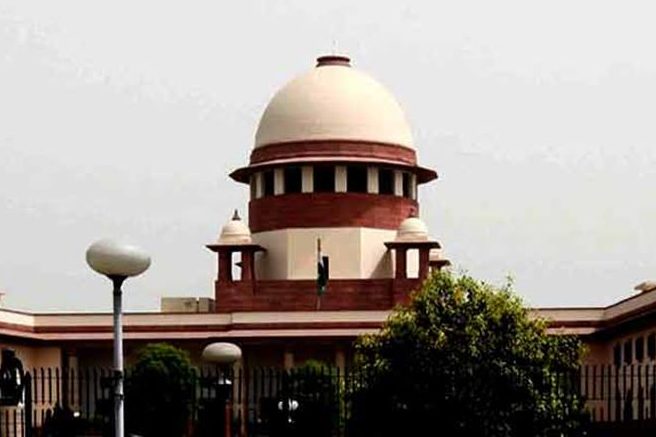Women can file 498A case from where they take shelter on being driven out of matrimonial home, says Supreme Court
The Supreme Court on Tuesday ruled that a woman driven out of her matrimonial home due to cruelty can file charges under section 498A of the Indian Penal Code (IPC) at a place where she takes shelter.
This could also be from her parents’ house where she comes back for shelter. In reference to a case registered seven years ago, a three-judge bench led by the Chief Justice of India Ranjan Gogoi has decreed that Section 498A of IPC can be applied from a location which is removed from the place where the incident(s) of cruelty took place on account of dowry harassment.
The change of jurisdiction will have no bearing on the registration, investigation and prosecution (punishment) of the case, said the Supreme Court.
Previously in 2012, a Supreme Court bench comprising of Justice TS Thakur and Justice C Nagappan had admitted a Special Leave Petition (SPL) against a High Court order which held that Section 498A could not be applied from a jurisdiction removed from the matrimonial home as the punishable acts of cruelty were not a state of continuance once the woman leaves her matrimonial home.
Calling the distinction “interesting”, the Supreme Court bench had observed that “the question that primarily arises for consideration is whether a woman forced to leave her matrimonial house on account of acts and conduct that constitutes cruelty can initiate and access the legal process within the jurisdiction of the courts where she is forced to take shelter with her parents.”
Making a note of the apparent contradictions in the dictum of the case, the Supreme Court bench had added that “the decisions appear to be in conflict with each other. At any rate the law as stated in the pronouncements remains rather hazy and fluid. That apart, the question that falls for consideration arises very often and is a question of general public importance. The decisions cited at the bar also need to be reconciled and the apparent conflict resolved.”
In the said case, the High Court had set aside the verdict of the Trial Court which had accepted the case against the accused making note of the offence committed.


Comments are closed.